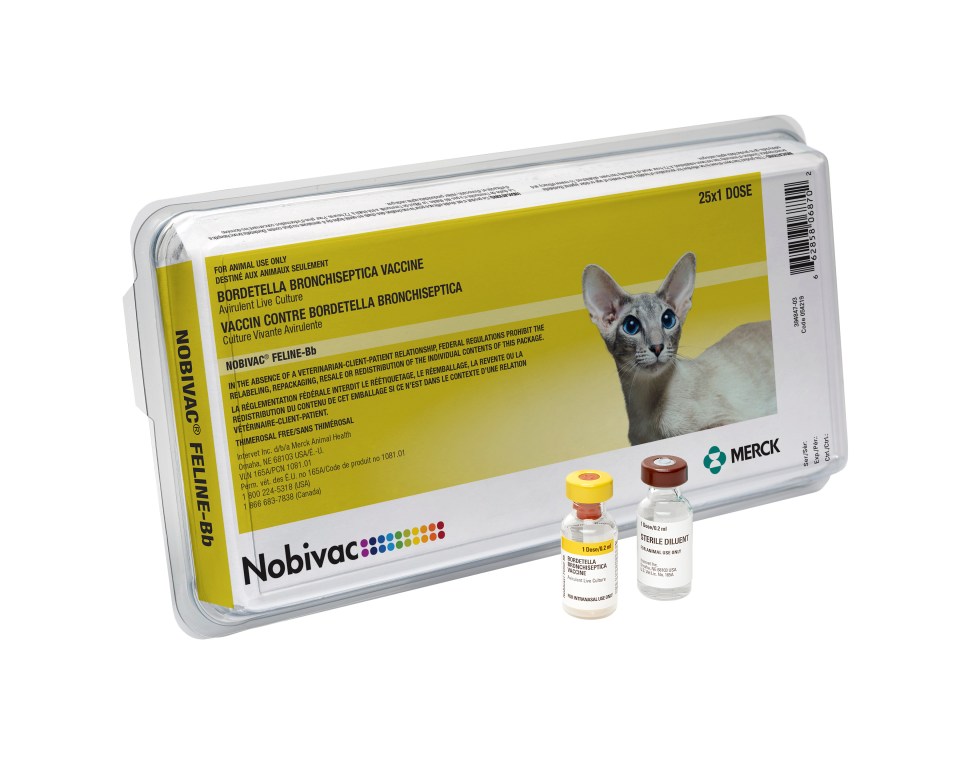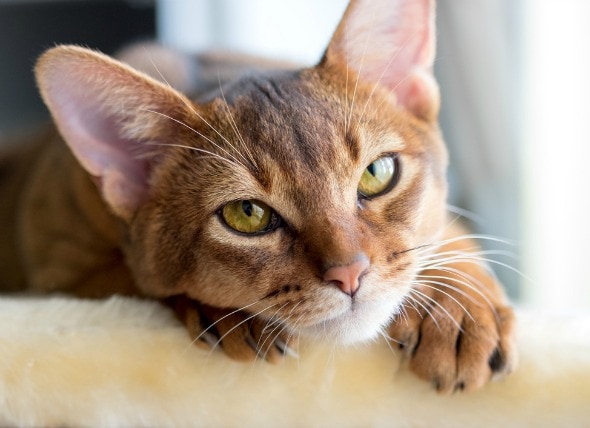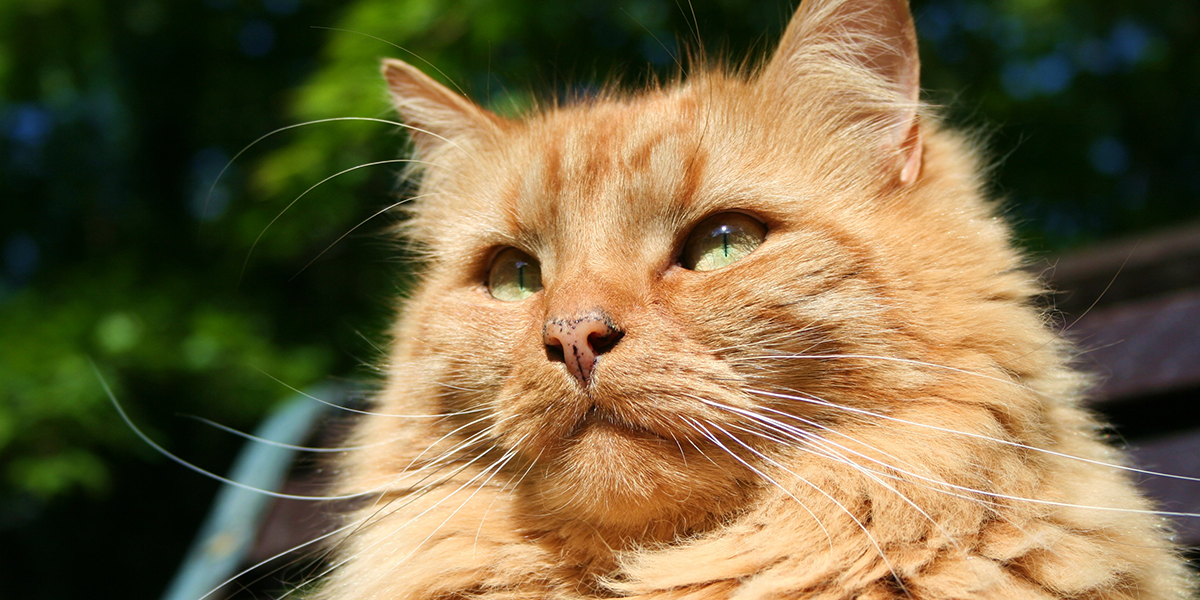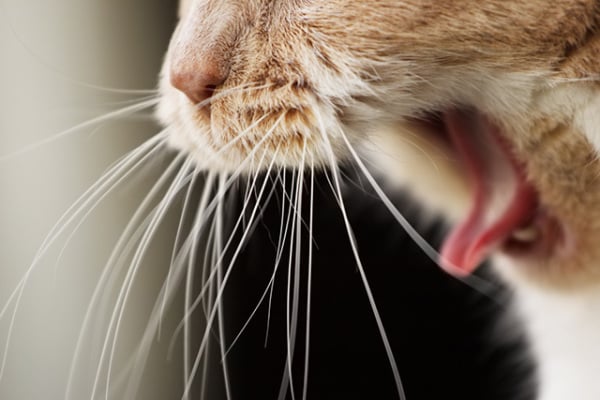bordetella virus in cats
These cells are important to the immune system and are used to fight infection. Feline bordetellosis is more common than previously thought with reported seroprevalence rates.

Home Remedies For Kennel Cough In Dogs Top 10 Home Remedies Dog Coughing Cough Medicine For Dogs Home Remedy For Cough
The infection may be caused by one or more viral and bacterial agents capable of causing disease in cats.

. Dosage Of Bordetella Vaccine For Cats. What to do when Bordetella infection is present. Feline Upper Respiratory Infection URI is caused by a complex of viral and bacterial pathogens that are highly contagious among cats housed in high densityhigh turnover facilities.
The most common feline respiratory pathogens include. Although much less common than FCV or FHV infections the bacterium Bordetella bronchiseptica can be involved in some cases of upper respiratory infections in catteries and can sometimes cause a fatal pneumonia in kittens. The most common viruses that cause upper respiratory infections in cats are feline herpesvirus type-1 also known as feline viral rhinotracheitis or FVR and feline calicivirus FCV while the most common bacteria that cause upper respiratory infections in cats are.
In addition bacterial bronchitis can occur in cats with Bordetella bronchiseptica Mycoplasma spp. Bordetella bronchiseptica is a Gram-negative bacterium that colonises the respiratory tract of mammals and is considered to be a primary pathogen of domestic cats. It is sensible to consider B bronchiseptica as a rare cause of zoonotic infections.
And Chlamydophila felis cited as primary causes. Most cats recover completely after a calicivirus infection but rare strains can be especially deadly. The bacterium is susceptible to common disinfectants.
Feline calicivirus is a highly contagious virus that causes a mild to severe respiratory infection and oral disease in cats. Disease Overview Easily spread through direct or indirect contact. Studies in humane shelters We recently completed a study of cats with conjunctivitis and rhinitis housed in humane shelters in two regions of the United States.
This infection can cause inflammation and ulcers around the cats nose and mouth and sometimes in. Keratitis is uncommon but long-term feline herpes may cause infection and inflammation in the front of the eyes of a cat. If anybody in your household develops signs of an upper respiratory infection or skin sores.
Today it appears to be a primary respiratory pathogen in cats. Bordetella Bronchiseptica in Cats Until recently Bordetellabronchiseptica was considered an uncommon cause of respiratory disease in cats and then only as a secondary agent. This article reviews current knowledge on the organism.
Uses Doses Side Effects Uses Of Bordetalla Vaccine For Cats. The exception is Bordetella bronchiseptica which can in rare cases cause problems for people who are immunosuppressed. With rare exception most of the infectious agents that cause URIs in cats will not pose an infection risk to people they only infect cats.
The virus suppresses the production of all white blood cells in the bone marrow. Bordetella respiratory disease is caused by the bacteria Bordetella bronchiseptica and is often called Kennel Cough in young dogs. The Bordetella vaccine is given as a.
See Bordetella bronchiseptica in cats. It is especially common in shelters and breeding colonies and often infects young cats. It is often thought of as an opportunistic infection however with various factors predisposing cats to clinical disease including concurrent infection with FHV-1 andor FCV as well as environmental factors such as.
Bordetella bronchiseptica is the bacterium that causes kennel cough in dogs snuffles in rabbits and respiratory disease in cats. Bordetella Vaccine For Cats. 33 The disease is most severe in kittens where fatal bronchopneumonia has been reported.
Although several different viruses and bacteria can cause respiratory disease in cats calicivirus is one of the more. It causes inflammation of the trachea and bronchi. Bordetella bronchiseptica B.
Feline calicivirus is a virus that is an important cause of upper respiratory infections and oral disease in cats. The feline panleukopenia virus infects and kills the rapidly growing and dividing cells in the body including cells in the bone marrow intestines and skin and in a developing fetus. Bordetella also referred to as tracheobronchitis canine cough in dogs and feline bordetellosis in cats is a highly contagious respiratory disease in cats and dogs caused by the bacteria Bordetella bronchiseptica.
The virus poses no threat to humans. There is a high mortality when outbreaks in. Viruses are often involved resulting in a more complex respiratory infection of dogs and cats.
It is highly contagious and spread through contact or inhalation of respiratory secretions. The Bordetella bronchiseptica organisms have a knack for knocking the immune cells out of commission that would normally fight the bacteria. Organisms that have been reported as lower respiratory pathogens of cats include Pasteurella spp Escherichia coli Staphylococcus spp Streptococcus spp Pseudomonas spp B bronchiseptica and Mycoplasma spp50 and specific attention has been paid to Mycoplasma spp because of a possible association with the induction and exacerbation of asthma in adult and.
Feline Bordetella bronchiseptica infection had received little consideration until recent years when it has been increasingly documented in association with respiratory disease. It is primarily found in domestic dogs and cats and is recognized as a syndrome in grey and red squirrels. Bronchiseptica is a bacterium that can cause disease in a number of animals and also rarely in humans.
Transmission can occur between dogs and cats. Its epidemiology pathogenesis and clinical diagnostic and therapeutic features. In cats the infection causes signs of upper respiratory tract infection including sneezing and nasal discharge.
It is an uncommon infection in humans that can produce a relatively non-threatening whooping-cough-like syndrome in immuno-competent individuals. Bordetella bronchiseptica is considered a primary pathogen in cats as clinical infection has been experimentally induced in pathogenfree cats. The Bordetella vaccine prevents cats from getting the Bordetella bronchiseptica.
This bacterium can be a cause of upper respiratory disease in cats but is mainly a problem where cats are kept together in large groups such as rescue shelters and some breeding households. Herpesvirus FHV Calicivirus FCV Bordetella bronchiseptica bacteria Bordetella. This virus infects cats throughout the world and can cause disease in both domestic and exotic cat species.
FHV-associated dermatitis is a rare infection of the feline herpes virus that affects the skin.

17 Amazing Home Remedies For Kennel Cough Home Remedy For Cough Cold Home Remedies Cough Remedies

Kennel Cough In Cats Symptoms Treatment Causes Diagnosis Excited Cats

8 Home Remedies For Dog S Kennel Cough Dog Cough Remedies Dog Remedies Dog Coughing
Bordetella Bronchiseptica Infection In Cats

Bordetella Bronchiseptica Merck Animal Health Usa

23 Useful Home Remedies For Kennel Cough In Dogs And Cats

The Dig Pet Health Lifestyle Resource By Fetch Pet Health Pets Dog Wellness

Bacterial Infection B Bronchiseptica In Cats Petmd

Cold Flu In Cats Bordetella Bronchiseptica We Are Family

Kennel Cough Explained Vet Medicine Vet Tech Student Vet Tech School

Bordetella Bronchiseptica Pneumonia In Dogs A B D F And A Cat C Download Scientific Diagram

All About The Early Weeks Of Your Pet S Life And The Vet Care They Need New Puppy Puppies Kitten Care
Bordetella Bronchiseptica Infection In Cats

How I Cured My Dog S Kennel Cough Dog Cough Remedies Kennel Cough Treatment Dog Remedies

Cold Flu In Cats Bordetella Bronchiseptica We Are Family

Bordetella Bronchiseptica Infection In Cats International Cat Care

